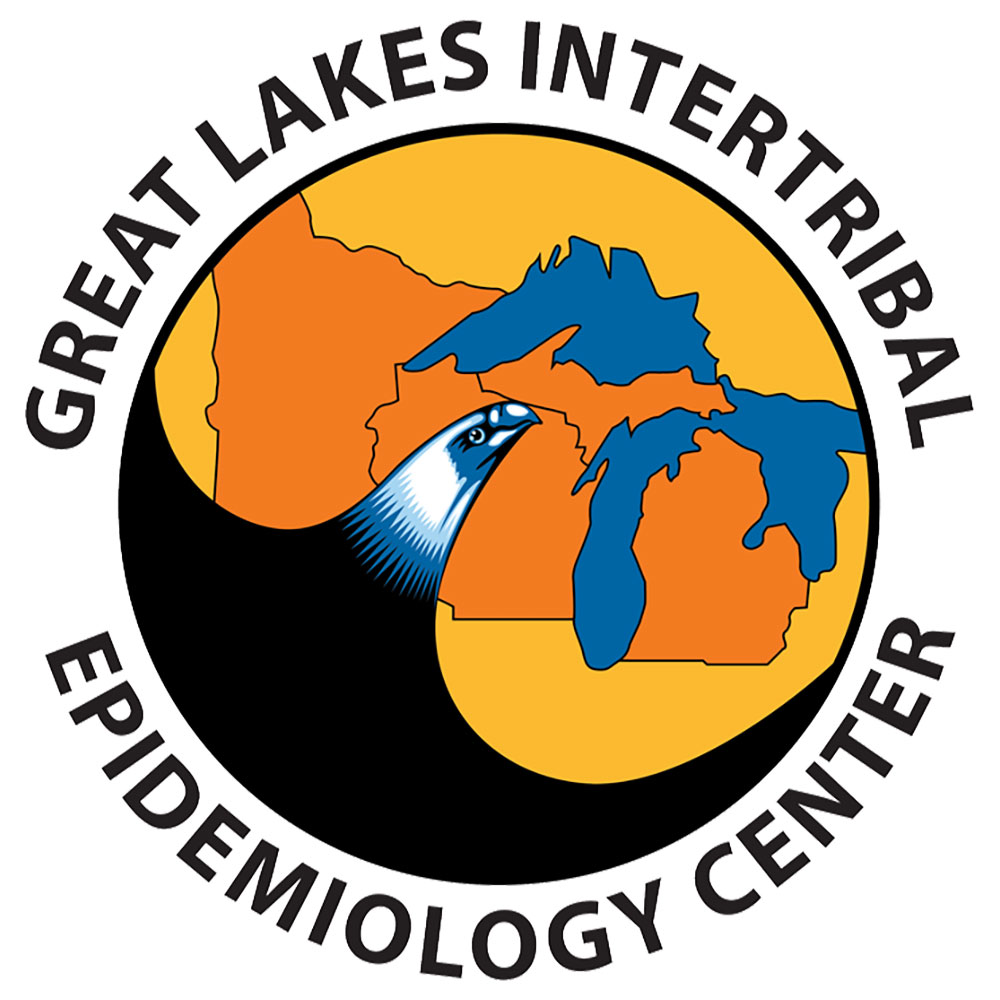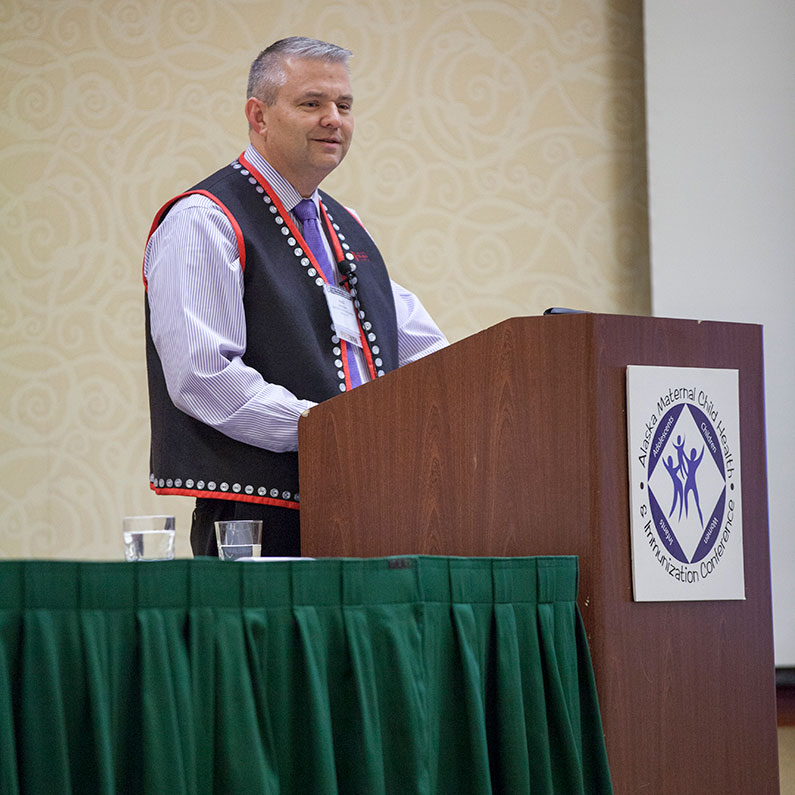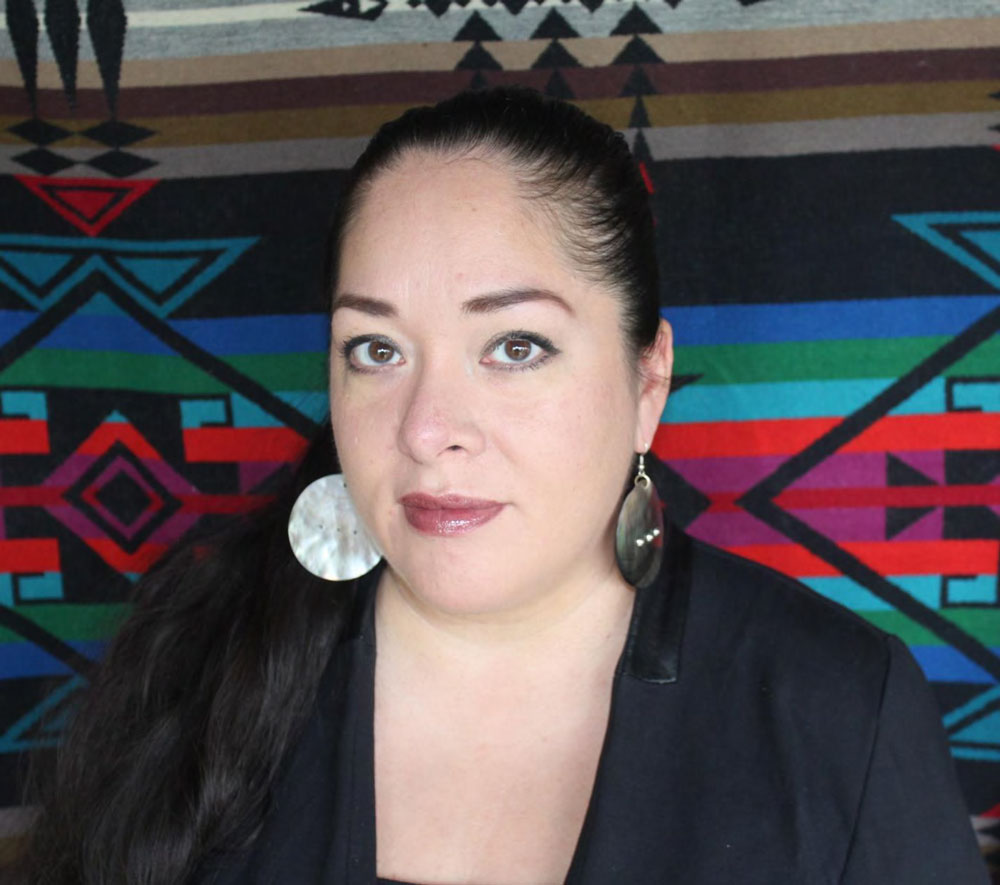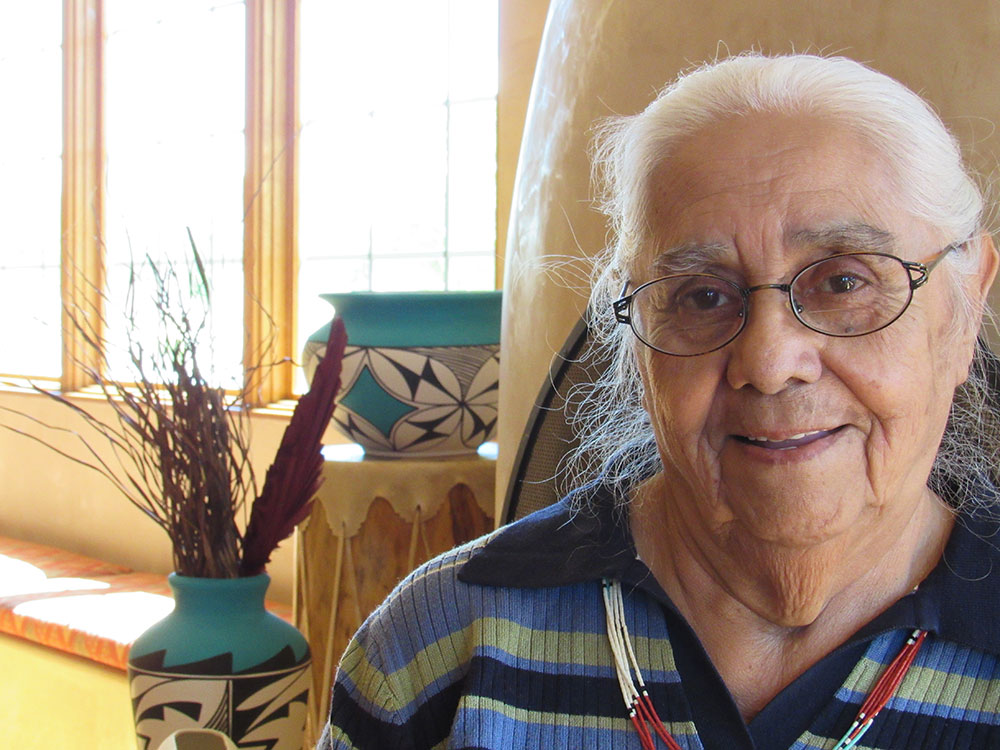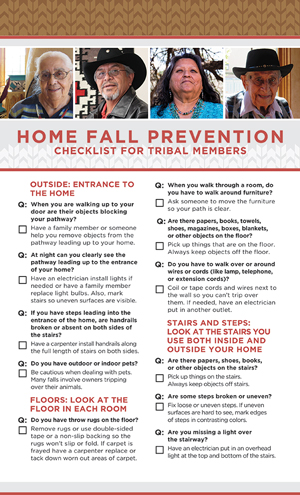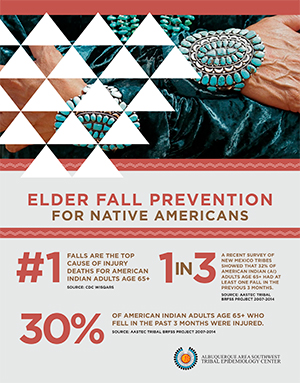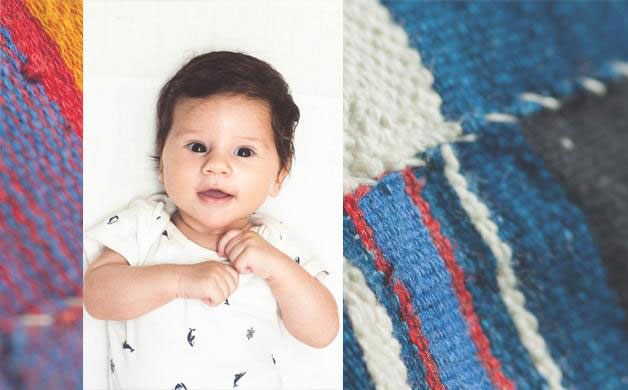
October is National SIDS Awareness Month!
American Indian and Alaska Native (AI/AN) communities continue to experience exponentially higher rates of SIDS; with some AI/AN communities having a rate 115% higher than non-Hispanic white communities.*
The Urban Indian Health Institute, a Division of the Seattle Indian Health Board, is a partner within the National Action Partnership to Promote Safe Sleep (NAPPSS) and we have been working to share existing information on the six common controllable risk factors that put AI/AN infants at greater risk of SIDS, as listed by the Healthy Native Babies Project in 2006. In addition, we are promoting NAPPSS’ Action Plan with health care providers to encourage active conversations and strategies about SIDS risk-reduction and safe sleep behavior with infant caregivers. This is the third and final article of a 3-Part series focusing on the controllable risk factors of SIDS and safe infant sleep behaviors in Indian Country.
View the UIHI’s new broadcast online to learn about the NAPPSS strategies you can use for engaging and communicating with infant caregivers.
Visit the Center for Disease Control’s SIDS Awareness Month webpage to learn more about Sudden Infant Death Syndrome.
*Reference: Urban Indian Health Institute, Seattle Indian Health Board. (2011). Looking to the Past to Improve the Future: Designing a Campaign to Address Infant Mortality among American Indians and Alaska Natives. Seattle, WA.

